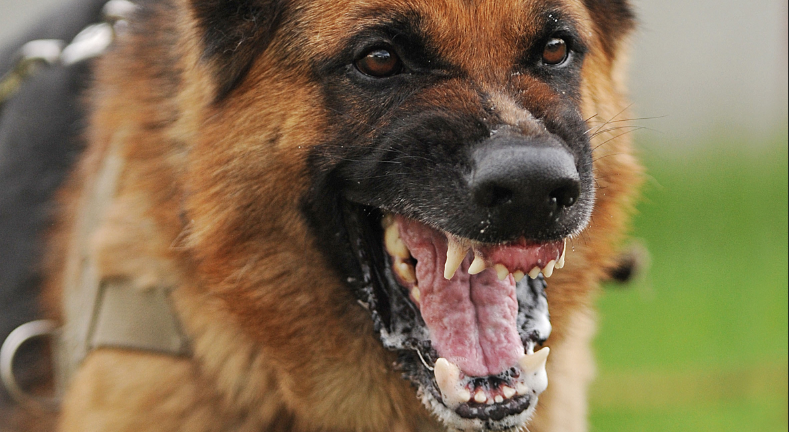There are many misconceptions about dog aggression, and it can be difficult to determine the root cause of a problem. In some cases, aggression may simply be a result of improper training or poor handling. But in other cases, there may be underlying reasons for the behaviour that need to be addressed. If you want to learn more about it you can click here.
Here are four tips for preventing and managing dog aggression:
1. Punish the Behavior, Not the Dog
One of the most common mistakes people make is punishing their dog for displaying aggressive behaviour instead of addressing the underlying causes. This only reinforces negative behaviours, and it's often ineffective in deterring future outbursts. Instead, use positive reinforcement to reward your dog for exhibiting friendly behaviour instead of punishment for challenging behaviour.
2. Get Familiar with Your Dog's Personality
It's important to understand your dog's personality so you can better manage his or her aggression. Some dogs are naturally more aggressive than others, but all dogs can become agitated or defensive under certain circumstances. Understanding your dog's triggers will help you avoid situations.

Image Source : Google
3. Teach Your Dog Proper Social Skills
Just as importantly as proper training and temperament is good socialisation from a young age. Puppies must learn how to interact with other dogs, people, and other animals in a calm and constructive manner early on in life if they are going to have any hope of avoiding aggression later on in life .
4. Provide Appropriate Exercise and Playtime
A tired dog is a calm dog, and a dog that's been exercised properly will not be as likely to become aggressive. Providing your dog with enough exercise and mental stimulation will help reduce the likelihood of territoriality or aggression.
